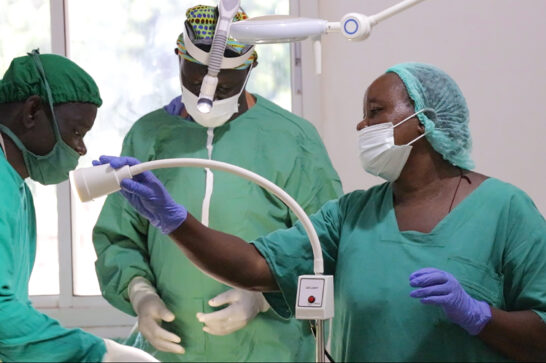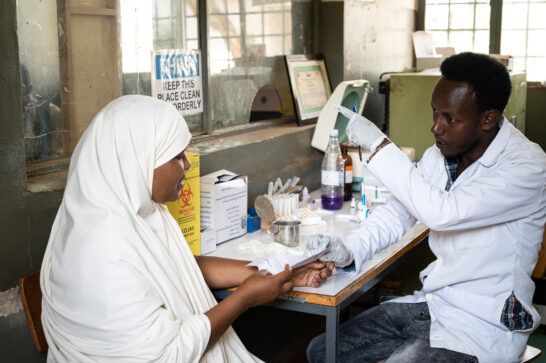It is not that we do not know how to prevent or cure tuberculosis. Weak health systems and poor living conditions are the main culprits of this health tragedy.
What is tuberculosis?
Tuberculosis is one of the most threatening infectious diseases in the world. It is caused by a bacteria and about one-fourth of the world’s population carries this TB bacteria.
Many people, despite being infected, may not show any symptoms of the disease at all and they will not spread the germ.
People with weak immune systems and other serious conditions like diabetes or HIV are more likely to get sick from the bacteria. The same for people who drink too much alcohol or smokers.
The bacteria spread through the air when people with active TB sneeze or cough. Anyone who breathes that air, could inhale the germ and get infected.
A specific type of TB is especially dangerous: multidrug-resistant TB (MDR-TB).
Multidrug-resistant TB: an effect of bad health practices
There are two lines of drugs for curing tuberculosis. Unfortunately, sometimes the first line of TB drugs does not affect the TB bacteria. Then the patient must have the second line of cure which is expensive, long-term and often unavailable in low-income countries. That leaves them almost helpless in the face of this disease.
But what causes MDR-TB? According to the WHO: “Drug resistance (of the bacteria) emerges when anti-TB medicines are used inappropriately, through incorrect prescription by health care providers, poor quality drugs, and patients stopping treatment prematurely.”
This clearly stresses the importance of good quality healthcare services, conscious and aware patients, a good reporting system and trained healthcare workers.
Fragile countries suffer the most
Tuberculosis can be cured and prevented by good practices. There is no need for it to be one of the top ten causes of death worldwide. South Asian and African countries are the most affected. In the last few decades, there has been very slow progress in stopping TB globally, about 2% per year.
Strong health systems, with a regular supply of good quality, affordable medicines and skilled health workers, are crucial to stopping TB.
Cordaid works with The Global Fund to Fight against Tuberculosis, Malaria and AIDS in the Democratic Republic of the Congo. As part of the Global Health, Global Access programme, funded by the Bill & Melinda Gates Foundation, we help raise awareness on the Global Fund’s work in the Netherlands.



